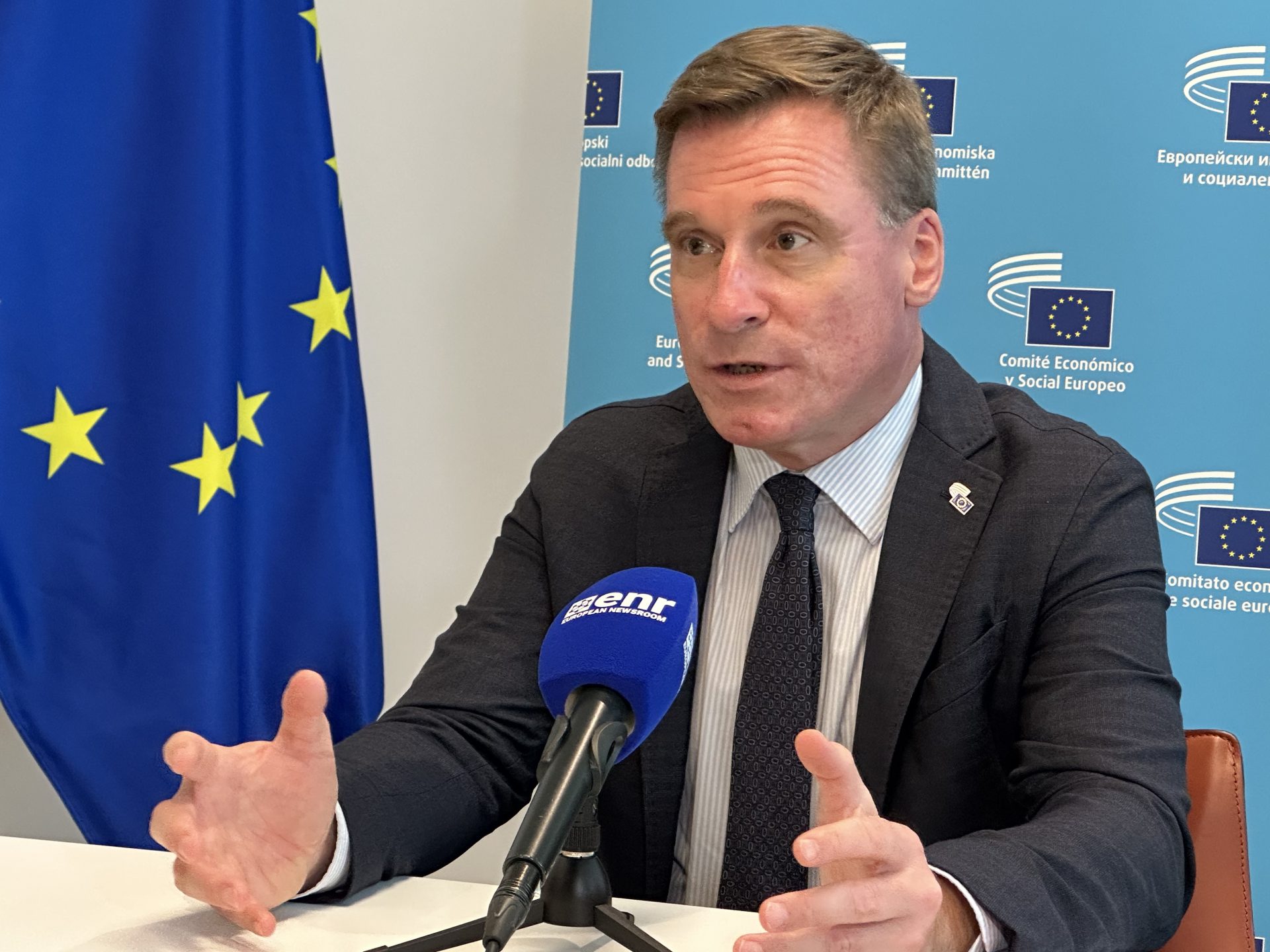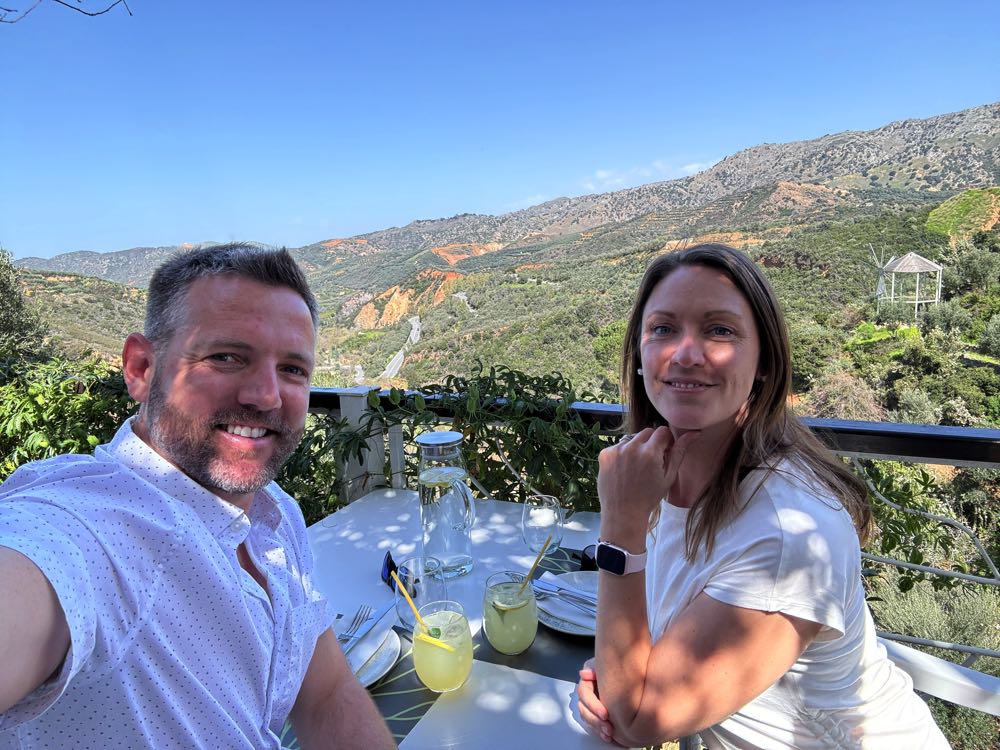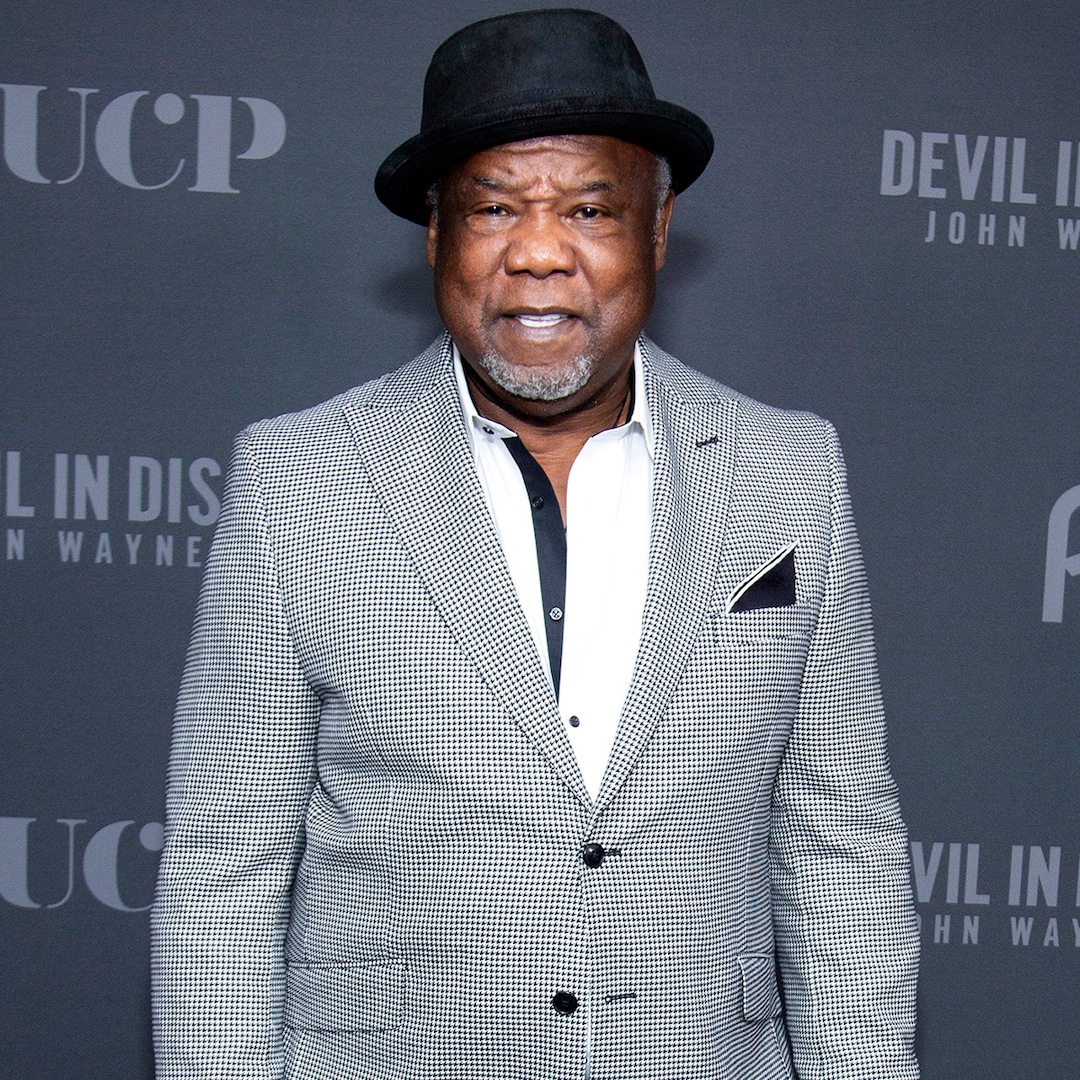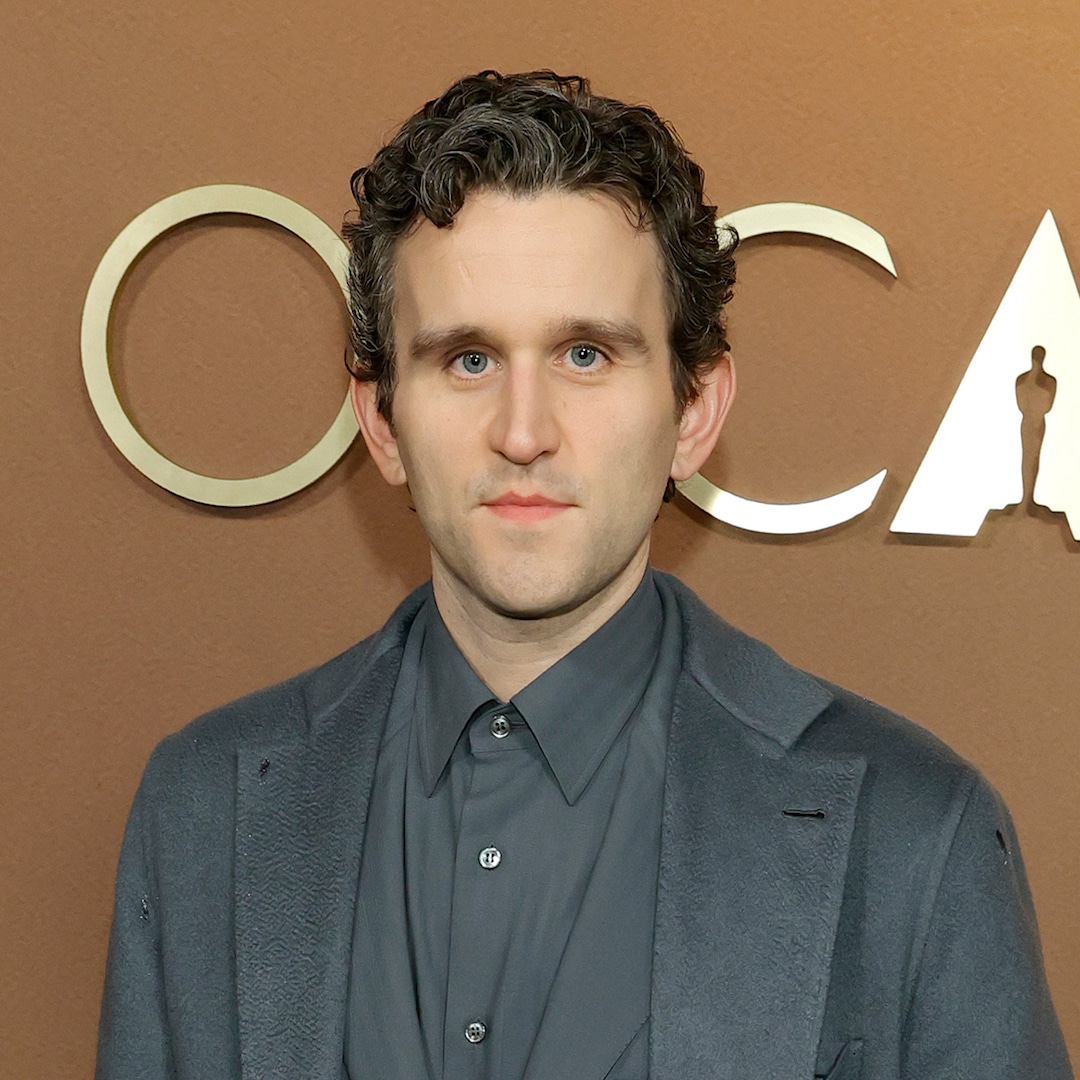Cost of living crisis “a big threat for the trust in democracy”, EESC President warns

Brussels (enr) – The President of the European Economic and Social Committee (EESC), Oliver Röpke, warned of bleak consequences for society if housing and rising costs are not properly addressed.
“The cost of living crisis is a big threat for… the trust in democracy and for the trust also in the capability of Europe to act,” Röpke told the European Newsroom (enr) in an interview on the end of his mandate on Thursday.
“We have to tackle this because otherwise, we see already, standards, fundamental standards, fundamental rights, rule of law standards eroding,” he added.
Since 2010 house prices have ramped up by 57.9 percent across the EU and rents by 27.8 percent, according to Eurostat data published in July. In the same period, wages have struggled to keep up with increasing costs.
With building costs climbing and construction slowing down, there’s less new housing coming onto the market. At the same time, more homes are being used for short-term rentals or bought as investments resulting in prices being driven up, especially in cities.
“We know that there is no one-size-fits-all solution,” Röpke said, but as his 2.5 year term as EESC President comes to an end this month, he hopes to see the European Commission formulate concrete proposals, a framework and an action plan for member states.
The EESC is an advisory body and while it does not have any formal legislative powers it has provided housing policy recommendations at EU level. It has also campaigned for more action on housing for years.
This is despite the fact that the EU doesn’t have control over housing directly. That means it can’t make laws or decisions about things like home prices, building rules, or housing policies in each country. Those decisions are up to the member states themselves.
However the EU can still influence its member states and the bloc’s Affordable Housing Plan is scheduled to be put forward in early 2026.
“This plan will outline how the EU can make an impact and how we can work together towards affordable, sustainable and decent housing for all,” Dan Jørgensen, the EU’s first ever Commissioner for Housing, said in a video statement on Tuesday where he also urged Europeans to contribute to a public consultation on the plan through a questionnaire online.
Housing has risen up the agenda since the European Parliament elections last year where rising prices, the cost of living and the economic situation were the main topics that motivated people to vote, according to the EU Post-Electoral Survey 2024.
Röpke argued that one of the key areas to be resolved is how to finance housing. He recognised that it would be expensive, but said the cost of inaction would be “even higher”.
He added: “I hope that we will see some new instruments, we see a lot of willingness in the European Investment Bank to move forward and I always insisted that cohesion policy should also focus more on affordable housing.”
This article is an enr Key Story. The content is based on news by agencies participating in the enr.












































